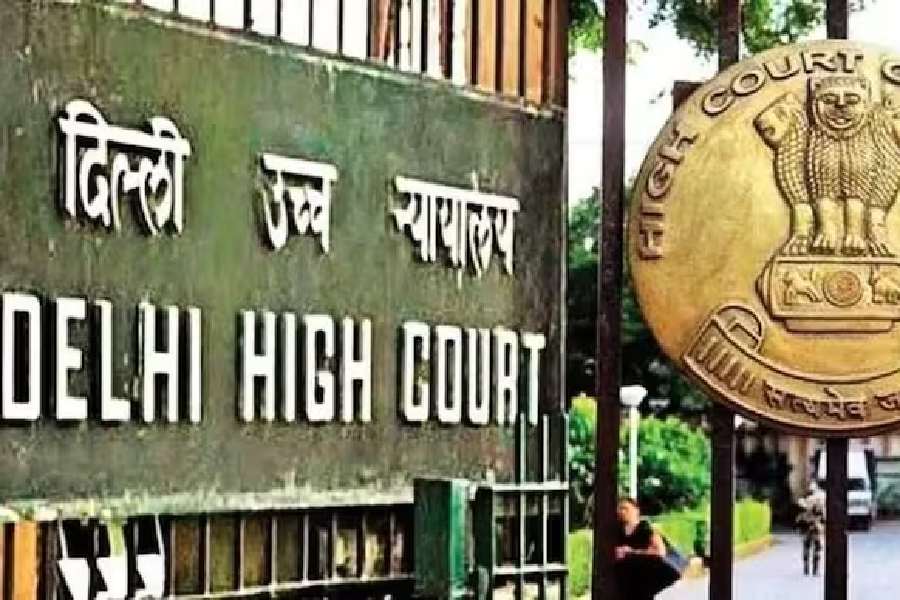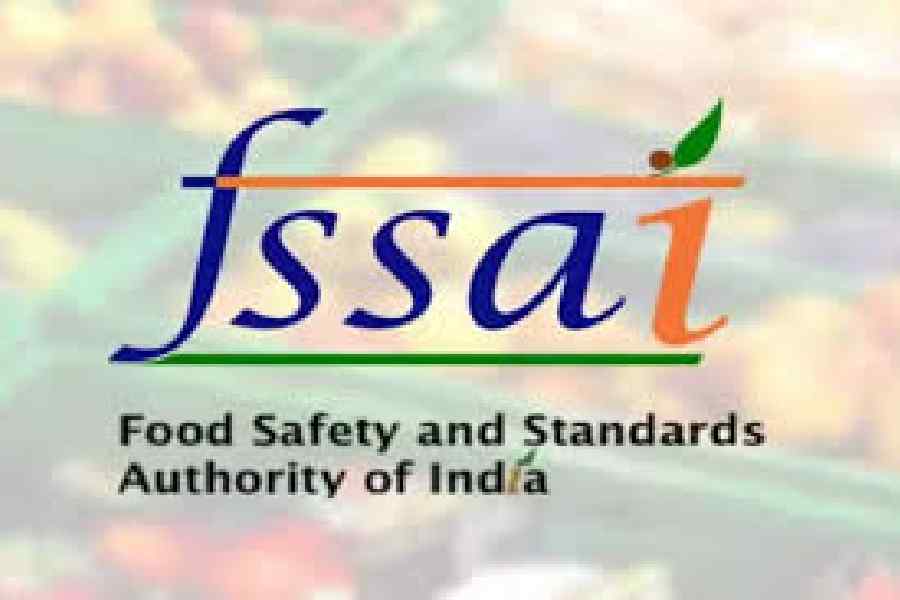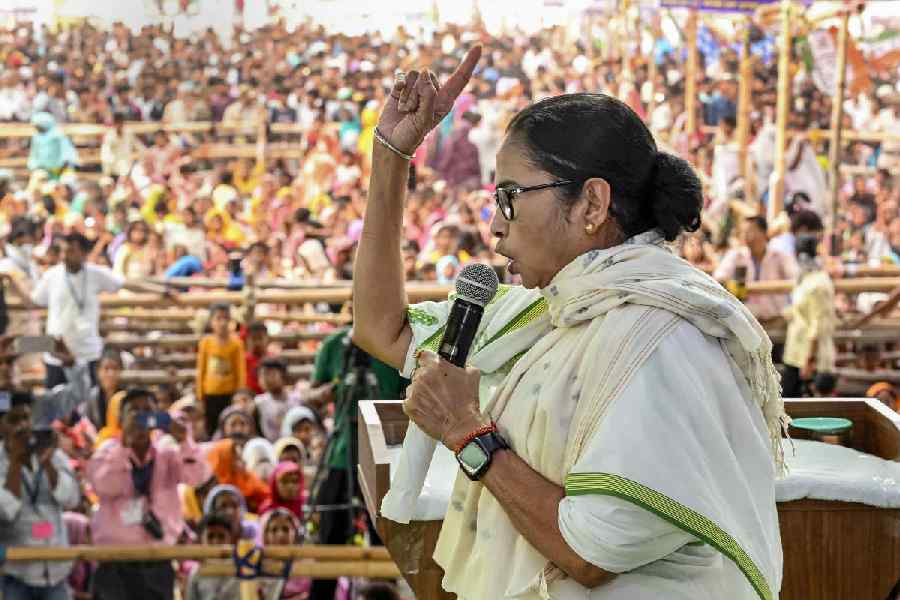Nearly three out of four patients in India diagnosed with diabetes have poor blood sugar control, according to a new study that researchers say has underlined the need for improved access to appropriate treatment and regular follow-ups.
The study that involved house-to-house screening of people aged 40 years or older from urban and rural areas across 10 states, including Bengal, found that 4,238 (74.5 per cent) of 5,689 of people with known diabetes had inadequate blood sugar control.
Among 7,910 people with diabetes, 2,221 (28 per cent) had “undiagnosed” diabetes — their diabetes was detected during the study. The proportion of undiagnosed diabetes was higher in rural areas (36 per cent) than in urban areas (22 per cent).
“With such large proportions of both undiagnosed and poorly-controlled diabetes, India appears poised to face epidemics of diabetes complications,” said R. Rajalakshmi, one of the principal investigators of the study at the Madras Diabetes Research Foundation in Chennai.
Sustained poor control of blood sugar levels can lead to serious complications such as heart disease, chronic kidney damage, and retinal damage, among others. High blood sugar levels can damage the blood vessels in the retina that could over time lead to vision loss.
Doctors say poorly-controlled blood sugar is largely silent and patients remain oblivious to the problem, but it continuously adds to the risk of complications. The multi-city study by Rajalakshmi and her collaborators from 20 hospitals across the country has just been published in the journal Diabetic Medicine.
The researchers screened over 22,000 people in urban areas and 19,000 people in rural areas and found a nationwide average of six per cent undiagnosed diabetes in both urban and rural areas. However, the prevalence of undiagnosed diabetes was slightly higher in region-specific samples — eight per cent in the eastern samples drawn from Bengal and Odisha, and 7.9 per cent in the southern samples from Karnataka, Kerala, Tamil Nadu and Telangana.
The study, which assessed blood sugar control through a parameter called HbA1c that measures average sugar over the previous three-month period, found that 74.5 per cent had HbA1c above 7 per cent, with 40 per cent HbA1c levels above 9 per cent.
The HbA1c level in patients with diabetes should ideally remain below 7 per cent. Earlier studies have shown that for every one per cent increase in HbA1c, the risk of diabetes complications increases by about 30 per cent.
"The results highlight the need for more efforts to control blood sugar levels through diet, exercise, and regular self-monitoring of blood sugar,” Rajalakshmi said. “Diabetes complications will translate into an economic burden on households and on the government’s health resources.”










